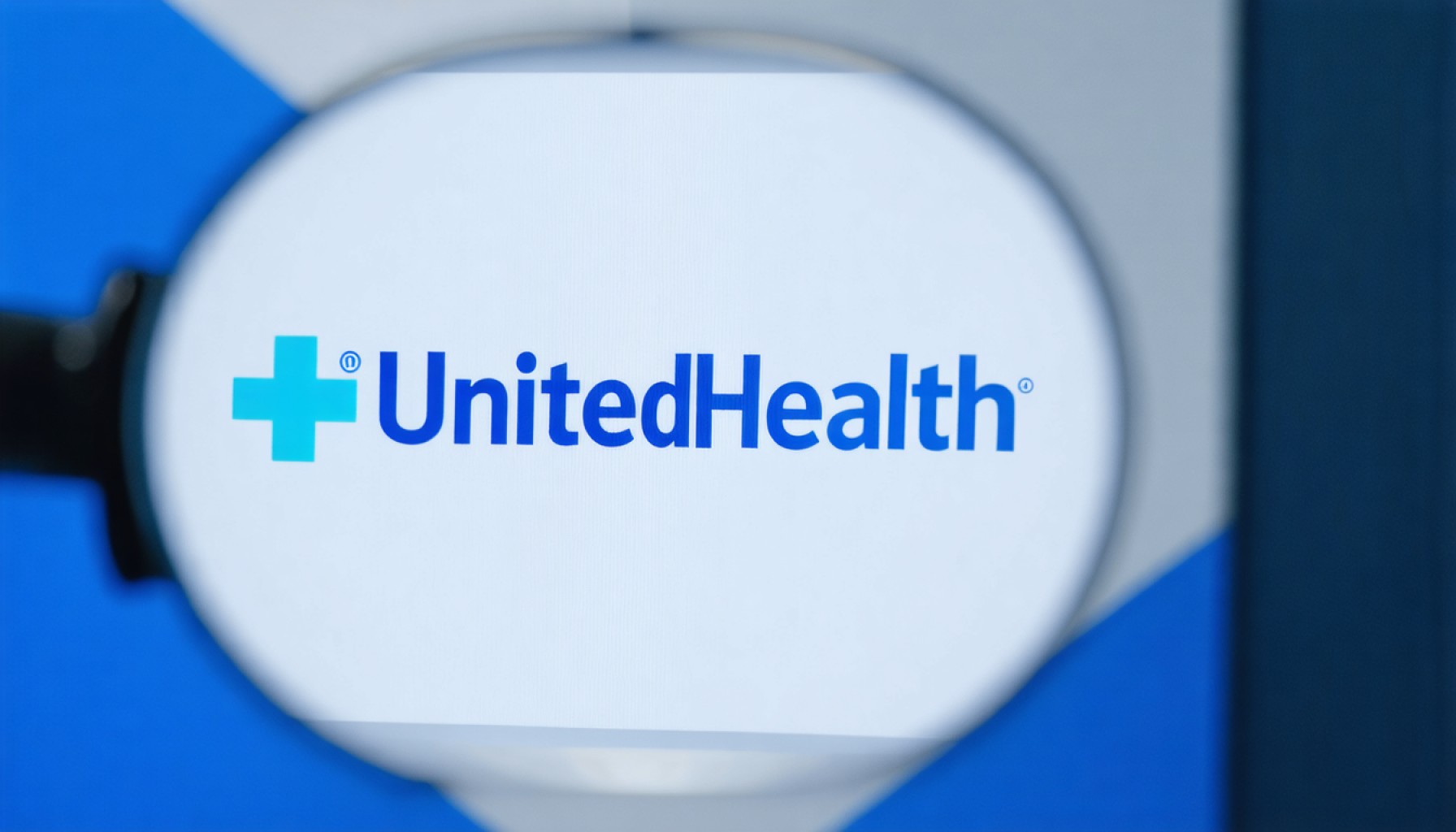- UnitedHealth Group’s stock drop has spotlighted issues within the Medicare Advantage system and sparked investor concerns.
- The U.S. Justice Department is investigating allegations of inflated diagnoses for increased Medicare payments, impacting stakeholders like Humana and CVS Health.
- UnitedHealth is also dealing with an antitrust lawsuit against its $3.3 billion acquisition plan and scrutiny over its pharmacy benefit strategies.
- Skepticism surrounds the Medicare Advantage framework, with accusations that it encourages exaggerated diagnoses for higher federal payments.
- Investors face uncertainty: should they prepare for reforms or hope the investigation will dissipate without lasting consequences?
- This situation may redefine industry strategies and norms, influencing the future of Medicare billing practices.
UnitedHealth Group’s stock recently plunged, setting the financial world abuzz and highlighting a storm brewing over the Medicare Advantage system. As the U.S. Justice Department sinks its teeth into allegations that UnitedHealth inflated diagnoses to pocket heftier Medicare payments, the ripple effect is unsettling.
Picture this: a civil fraud probe shaking the core of Medicare billing practices, sending tremors through Wall Street. Investors are rattled, diving for safety as UnitedHealth waves off the accusations as misinformation. Yet, the shadows loom—Humana and CVS Health also feel the chill, underscoring deeper, systemic concerns.
Simultaneously, another subplot unfolds. The healthcare giant faces an antitrust lawsuit aiming to thwart its lofty $3.3 billion acquisition plans, while regulators scrutinize its pharmacy benefit maneuvers. Insiders whisper about buyouts and potential layoffs, hinting at an enterprise grappling with multifaceted pressures.
The market reacts, caught in a dance of speculation. Is the stock’s nosedive a knee-jerk overreaction, as skeptics suggest, or a portent of drawn-out legal sagas? Opinions diverge; some downplay the impact on UnitedHealth’s broader portfolio, while others foresee a protracted battle with uncertain outcomes.
At the heart of the DOJ investigation lies long-standing skepticism of the Medicare Advantage framework. Reports clarify that companies might have nudged doctors to embellish diagnoses, ensuring a flood of federal payments. As this probe unfurls, it might not just redraw UnitedHealth’s strategies—it could redefine industry norms.
Investors now stand at a crossroads: brace for potential waves of reform across the sector, or gamble on the probe fizzling out? Whatever the outcome, one thing is certain—this unfolding saga has rekindled the debate on Medicare billing practices, leaving an indelible mark on healthcare’s future landscape.
UnitedHealth Group’s Stock Dive: What Investors and Industry Insiders Need to Know Now
Understanding the Current Challenges and Opportunities
The recent plunge in UnitedHealth Group’s stock price has put a spotlight on key challenges facing the healthcare industry, particularly around the Medicare Advantage system. Investors and stakeholders are grappling with the implications of fraud allegations, antitrust lawsuits, and regulatory scrutiny. Here we explore critical aspects of this situation, offering insights into the broader impacts on the market and offering guidance for investors and industry professionals.
How-To Steps & Life Hacks
1. Monitor Regulatory Updates: Regularly check announcements from the U.S. Department of Justice and Federal Trade Commission to stay informed about ongoing investigations and regulatory changes affecting the Medicare Advantage program.
2. Diversify Investments: To hedge against volatility in healthcare stocks like UnitedHealth, consider diversifying your portfolio to include sectors less impacted by regulatory scrutiny.
3. Active Portfolio Management: Keep a keen eye on industry news, and be ready to adjust investment strategies in response to developments in UnitedHealth’s legal and regulatory challenges.
Real-World Use Cases
– Healthcare Providers: Hospitals and clinics may need to reassess coding practices and ensure compliance with Medicare billing standards to avoid similar allegations.
– Insurers: Other insurance companies could use this situation to evaluate their internal controls and transparency to prevent potential investigatory actions.
Market Forecasts & Industry Trends
– Reform in Billing Practices: As the DOJ investigation unfolds, there might be significant reforms in Medicare Advantage billing practices, potentially standardizing more stringent compliance measures.
– Mergers and Acquisitions Scrutiny: The antitrust lawsuit may set precedents that further complicate major mergers and acquisitions in the healthcare sector, affecting future deals.
Reviews & Comparisons
– UnitedHealth vs. Competitors: Analysts suggest that while UnitedHealth faces significant challenges, competitors like Humana and CVS Health are similarly exposed to potential regulatory risks.
Controversies & Limitations
– Medicare Advantage Skepticism: Critics argue that the structure of Medicare Advantage incentivizes potentially aggressive billing practices, creating inherent conflicts of interest.
Features, Specs & Pricing
– Medicare Advantage Plans: These plans often offer additional benefits compared to traditional Medicare, such as vision, dental, and wellness programs, but come at a higher cost and increased complexity in billing.
Security & Sustainability
– Data Integrity: Ensuring the accurate reporting of patient diagnoses is crucial. Enhanced data security measures and audit mechanisms can prevent fraudulent practices.
Insights & Predictions
– Long-Term Impact: While the immediate impact on UnitedHealth’s stock might be a reaction to uncertainty, the long-term implications could lead to more standardized practices, benefiting the healthcare industry’s transparency and efficiency.
Pros & Cons Overview
Pros:
– Opportunity for greater oversight and compliance in the industry.
– Potential positive impact on market integrity.
Cons:
– Increased regulatory costs for insurance companies.
– Potential for reduced flexibility in billing practices.
Actionable Recommendations
– Focus on Transparency: For businesses within the healthcare industry, enhancing operational transparency can avert potential regulatory issues.
– Risk Assessment: Investors should conduct thorough risk assessments of their healthcare investments in light of current allegations and regulatory trends.
For further information on healthcare industry trends, visit UnitedHealth Group.
By staying informed and proactive, both investors and industry participants can better navigate the uncertainties in the healthcare market landscape.











